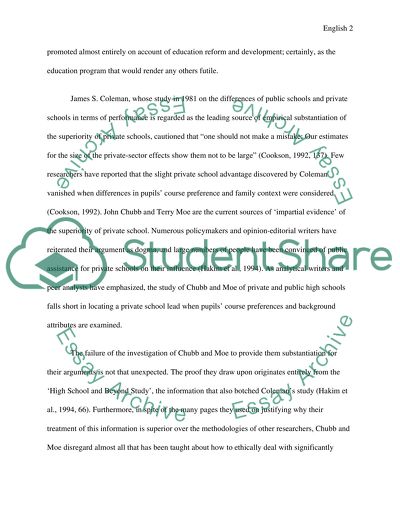Cite this document
(“A Public-Private Education Controversy Essay Example | Topics and Well Written Essays - 1250 words”, n.d.)
Retrieved from https://studentshare.org/english/1433210-a-public-private-education-controversy
Retrieved from https://studentshare.org/english/1433210-a-public-private-education-controversy
(A Public-Private Education Controversy Essay Example | Topics and Well Written Essays - 1250 Words)
https://studentshare.org/english/1433210-a-public-private-education-controversy.
https://studentshare.org/english/1433210-a-public-private-education-controversy.
“A Public-Private Education Controversy Essay Example | Topics and Well Written Essays - 1250 Words”, n.d. https://studentshare.org/english/1433210-a-public-private-education-controversy.


